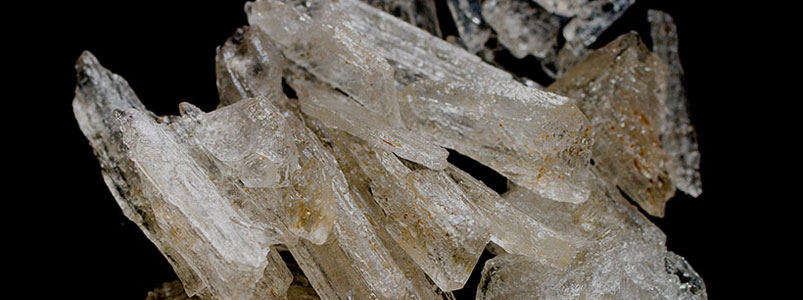Drug Facts
With so many voices and opinions out there, it’s important to understand the facts.
Fact is that while you’re a teen (and even into your early 20’s!), you’re still growing and developing, and drug abuse during these years in particular can have a lasting impact. Another fact to consider: the brain is much more vulnerable to addiction during these years. 90% of Americans with a substance abuse problem started smoking, drinking or using other drugs before age 18.
When it comes to drug use, individual reactions and experiences vary, so it’s important to understand the usual risks and effects, both short- and long-term. Knowledge can be the key to making your own best decisions.
Information provided isn’t to prevent anyone from seeking medical treatment under the advice and care of their doctor. A variety of substances offer potential medicinal value, but that doesn’t negate their risks, especially when abused.
- Adderall
- Alcohol
- Bath Salts
- Benzos
- Cocaine
- DXM
- GHB
- Hallucinogens
- Heroin
- Inhalants
- Ketamine
- LSD
- Marijuana
- MDMA
- Meth
- Mushrooms
- Over-the-Counter
- Prescription Drugs
- Rohypnol
- Salvia
- Spice
- Steroids
- Tobacco & Nicotine
- Xanax
- Adderall
- Alcohol
- Bath Salts
- Benzos
- Cocaine
- DXM
- GHB
- Hallucinogens
- Heroin
- Inhalants
- Ketamine
- LSD
- Marijuana
- MDMA
- Meth
- Mushrooms
- Over-the-Counter
- Prescription Drugs
- Rohypnol
- Salvia
- Spice
- Steroids
- Tobacco & Nicotine
- Xanax

Meth
Highly addictive and toxic to the brain, meth will give you a high that can damage your body and brain for life.
AKA
Meth, ice, crank, chalk, crystal, fire, glass, go fast, speed, Tina, T
What is it?
Meth, or methamphetamine, is a powerfully addictive stimulant that is both long-lasting and toxic to the brain. Its chemistry is similar to speed (amphetamine), but meth has far more dangerous effects on the body’s central nervous system.
Meth has a high potential for abuse and may lead to severe psychological or physical dependence.
The Risks
Like cocaine and speed, even small amounts of meth can cause a rapid and/or irregular heartbeat, increased blood pressure and elevated body temperatures. These symptoms, especially when meth is taken at high doses, can cause death from stroke, heart attack or organ failure due to overheating.1
Meth works by severely changing the way the brain functions. First, it increases the release of the brain chemical dopamine. At the same time, it blocks the brain from absorbing the dopamine released. Studies show that alterations in the brain’s dopamine system are associated with reduced motor skills and impaired verbal skills.2
Long-Term Effects
Meth is a highly addictive drug— and repeated use can negatively affect your body and brain. Abuse can cause extreme weight loss, dental problems (“meth mouth”), and lead to sores and scabs on your skin and face. Chronic meth abusers can become anxious and violent. Meth users often display a range of psychotic behaviors, including paranoia, hallucinations, and delusions. One of the most common meth delusions is the feeling of insects crawling under the skin.
The Bottom Line
Meth is powerfully addictive and damaging to your body and brain. Getting hooked could leave you with paranoia and delusions, “meth mouth” and skin sores, and risking long-term harm to your brain or death.
- U.S. Department of Justice Drug Enforcement Agency. Drugs of Abuse: Methamphetamine.
Retrieved July 2011.
View Source [↩] - National Institute on Drug Abuse. DrugFacts: Methamphetamine.
Revised March 2010. Retrieved July 2011.
View Source [↩]







